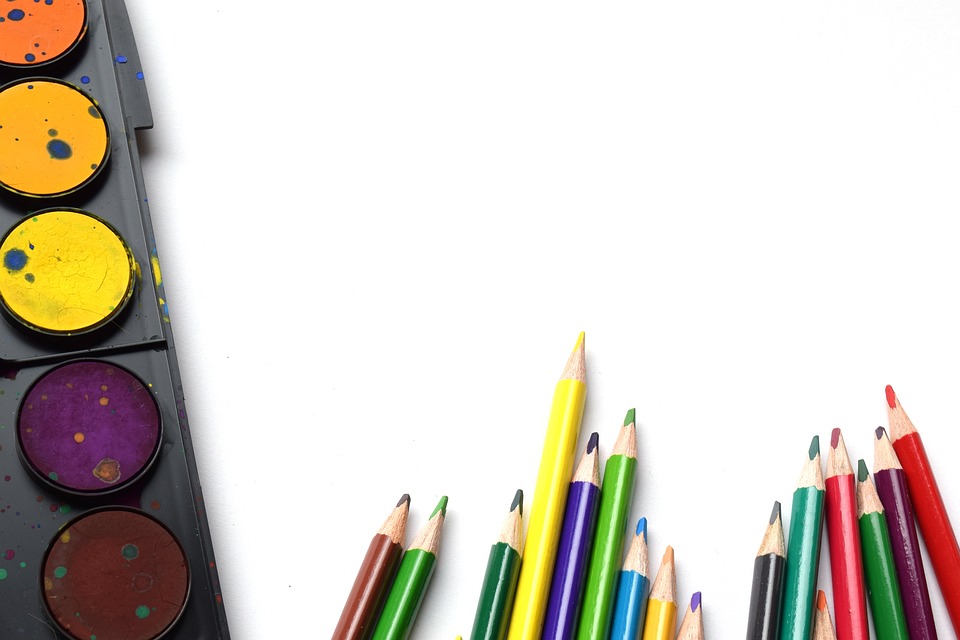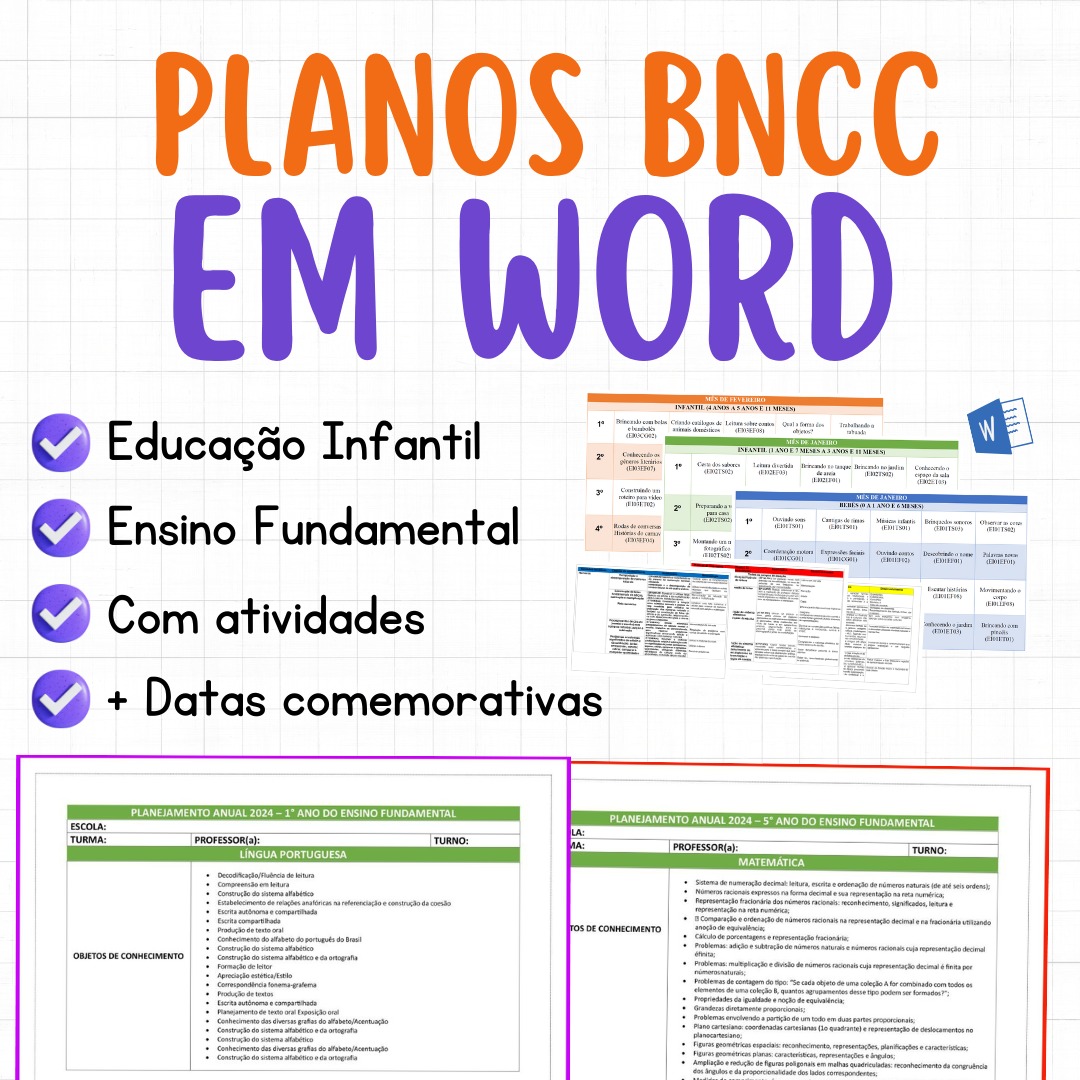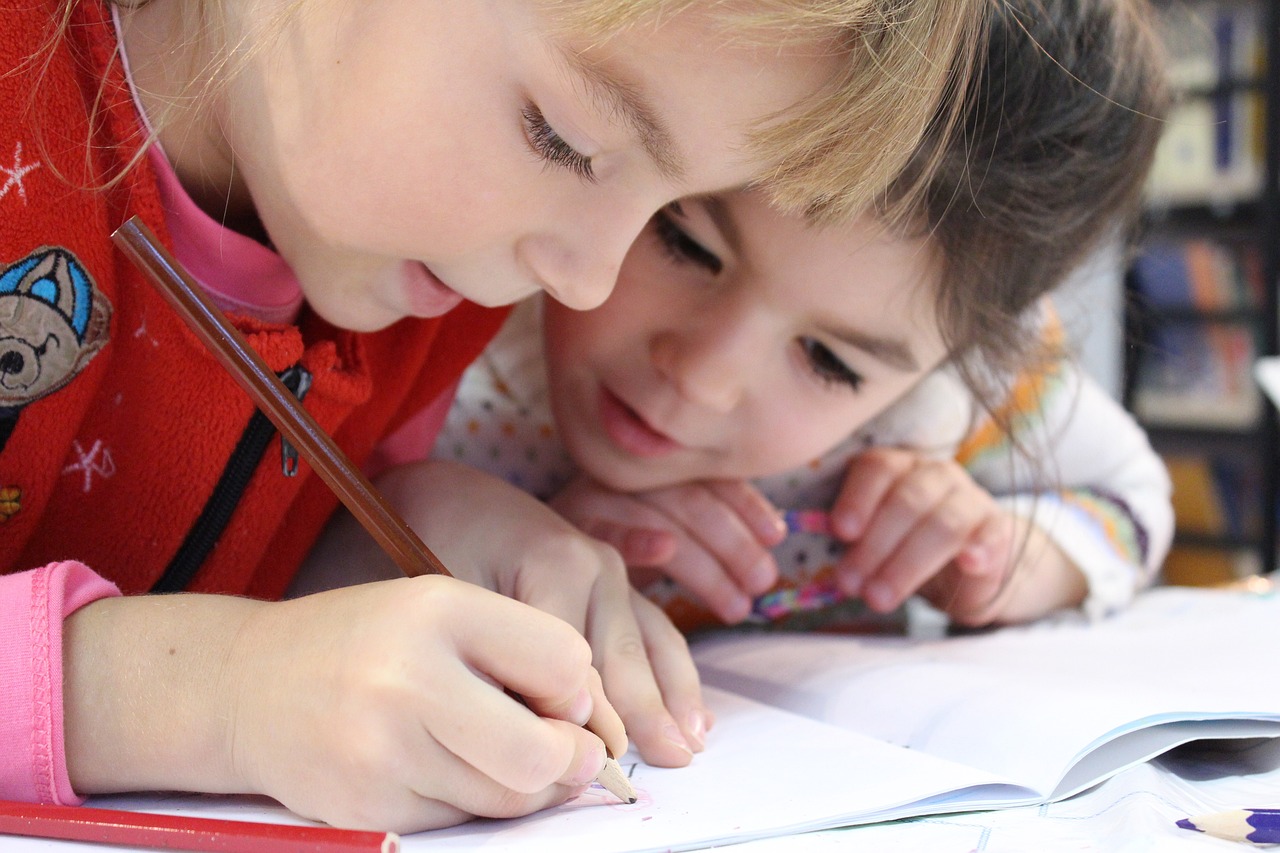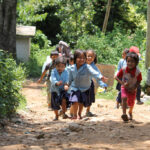Lesson Plan: Knowing Numbers in Early Childhood Education
Goals
Main objectives:
– Provide a clear and comprehensive understanding of numbers, building a solid foundation for mathematical development.
– Develop skills in counting, identifying and representing numbers.
– Stimulate logical reasoning and problem solving related to numbers.
Secondary objectives:
– Promote interaction between students, encouraging collaboration and teamwork.
– Encourage creativity in the use of numbers in everyday situations.
– Integrate learning about numbers with other subjects and activities.
Introduction
To start the class, we will review basic number concepts, such as counting from 1 to 10 and identifying the corresponding numerals. Next, we will explore different ways of representing numbers, such as through drawings, cubes or manipulative objects.
To spark students' interest, I will present a problem situation in which they will have to identify how many objects are present in an image and relate this information to the numbers.
Development
Review of previous knowledge: Let's remember together counting from 1 to 10 and practice identifying the numerals.
Presentation of the theory: Numbers from 1 to 10 will be presented, exploring their characteristics, order and visual representations.
Practical activities:
– Activity 1: Counting objects – Students will be asked to count the number of objects in different images and identify the corresponding numeral.
– Activity 2: Numbers game – A fun game will be proposed for students to practice the order of numbers and numerical correspondence.
Return
Learning Check: Let's review together the activities carried out, reinforcing the concepts of counting and identifying numbers.
Student feedback: Students will be invited to share what they liked most about the class and if they have any questions or difficulties regarding numbers.
Homework
For homework, students will be challenged to find numbers in their everyday environment, such as on signs, books or packaging, and record them in a notebook. They will also be able to practice counting objects at home.
Conclusion
To end the class, we will summarize the main points covered about numbers and their importance in mathematics and in everyday life. We will highlight the relevance of knowing and understanding numbers for the development of mathematical skills.
Finally, we will emphasize the importance of practicing counting and identifying numbers outside of the classroom, encouraging students to explore and integrate numbers into their daily games and activities.





